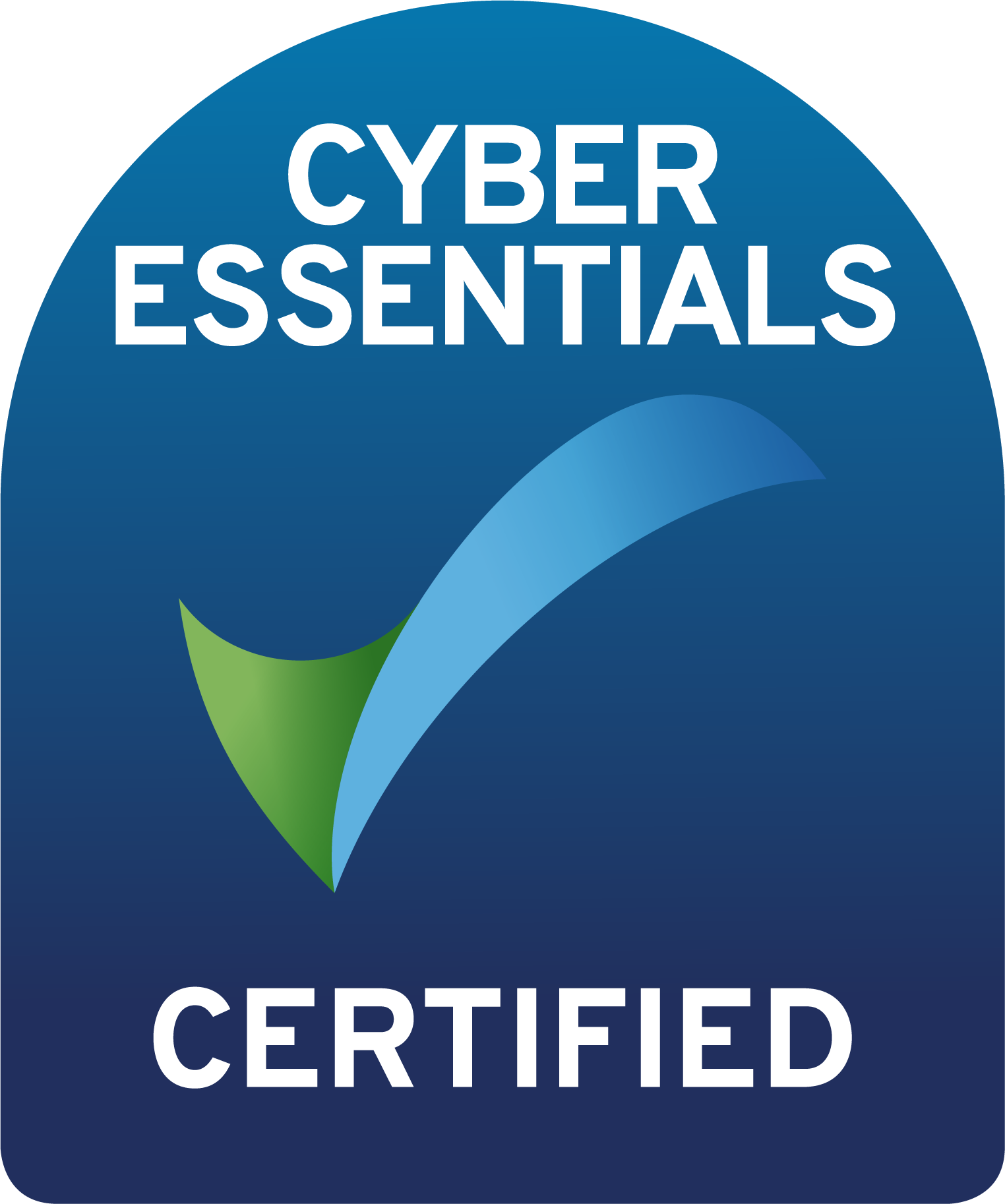We recently attended the Health and Wellbeing @ Work show at the NEC. We attended various seminars and met up with other Health and Wellbeing businesses.
A vast range of products was available to businesses ranging from full workplace stress audits through to massages at the desk!
The health of the working population is high on the agenda at government level at the moment. Initiatives such as the Workplace Wellbeing Charter provides a road map to businesses to help them identify and implement wellbeing programmes and processes.
We have signed up to the charter and will be going through the process ourselves over the coming months.
Increasingly, however it is becoming clear that many of the public health issues we are facing in the Western world are directly the consequence of individuals’ lifestyle choices. This is relevant to the business world.
There is no doubt that the lifestyle choices made by your employees (and of course yourselves!) have a direct impact on business performance.
The right to a private life away from work is self-evident. People can do as they please in their private life as long as it does not harm others or is not illegal.
However individuals’ lifestyle choices can impact both positively and negatively on their working life and can therefore potentially affect the profitability of the business.
For example there appears to be an evidentiary base that smokers as a collective group have more sick days than non-smokers. There is also the fact that smoking has a catastrophic effect on public health and wellbeing. It is highly likely that the impact of smoking on the economy will increase as the workforce ages and the current generations of smokers succumb to smoking related diseases.
Equally “lifestyle” illnesses such as Type 2 Diabetes, Liver disease, certain cancers are on the increase and are all likely to lead to impaired performance or poor attendance at work.
Other choices made by people impact on work: For example we know of many employees presenting with issues at their work station who then go home and spend the entire evening on their home computers. Back trouble is another condition that if not managed by the individual in terms of exercise and weight loss can lead to impairment that impacts on the workplace.
We at OHC believe that poor lifestyle choices can also impact on peoples’ moods so that they can lack in motivation and energy. One of the biggest motivation drainers is cannabis!
Even healthy choices can impact negatively at work: for example weekend football and rugby as well as extreme sports that can lead to injury!
Although for example some organisations expressly don’t pay sick pay for injury occasioned by sport it is often almost impossible to prove without reasonable doubt that an employees’ lifestyle is 100% the cause of their sickness absence.
In addition a recent decision by an Employment Appeal Tribunal reported in Xpert HR found that an individual was Disabled for the purposes of the Equality Act 2010 who had certain symptoms potentially arising from obesity.
The article states: “The EAT did not accept that obesity is a disability within the meaning of the DDA. However, it observed that obesity may make it more likely that someone is disabled. On an evidential basis, obesity may permit a tribunal to conclude more readily that a claimant suffers from an impairment. Further, it may also be relevant evidentially to ask whether or not the obesity might affect the length of time for which an impairment would be suffered.”*
In the vast majority of cases obesity is a condition arising out of lifestyle choices but the appeal court decision seems to focus entirely on the effect rather than the cause.
So given the facts what can Employers do to potentially enhance the health of their workforce in terms of specific health interventions?
The first point is very obvious: Ensure that any statutory health surveillance as stated under COSHH and other legislation takes place. This must be your starting point to ensure that a) you are legally compliant and b) To minimise the risk of ill-health arising out of the workplace.
Secondly spend your money carefully! At the moment there is not a vast body of evidence to demonstrate the effectiveness of workplace health interventions in the long term. When more evidence becomes available we will update you. People will only change if they are ready to change. Obviously as a provider of such services we’d like you to spend lots and lots! But interventions need to be measured.
We know from evidence that there are key steps that people can take that will have a significant impact on their on-going health. They are simple to say but harder to do!
Top of the list is:
1.Give up smoking: As an employer any support you can give employees to give up smoking is great! However people only give up when they are ready. There is also a lot of support available from the NHS for smoking cessation. In addition there are of course interactive training sessions and education around smoking.
2. Do some exercise: There is a growing body of evidence around the absolute necessity for exercise. Lack of exercise can directly underpin health conditions such as obesity, cardiac problems and is linked to a whole range of conditions.
3. Drink less alcohol: By having robust alcohol policies employers may well be supporting their employees’ health. Misuse of alcohol is one of the biggest health problems facing world health. It is a global time bomb. Again any initiative aimed at reducing alcohol use is a good idea.
4. Improve diet. If someone does not smoke, exercises regularly, limits alcohol intake and eats in general a healthy diet they are greatly increasing their chances of living both longer and in better health. Good health tends to lead to good outcomes such as good sleep, lower stress levels and more energy. These are desirable outcomes for employee and employer alike!
Finally we have put some additional information on our website. There is a lot of free information available via charities and other bodies.
We would be delighted to talk in more depth about Workplace Wellbeing initiatives so please call us.
As Occupational Health providers, we help ensure that you and your employees are compliant with our health surveillance and safety critical medicals.
Call us today and take the first step to a safer work environment.




